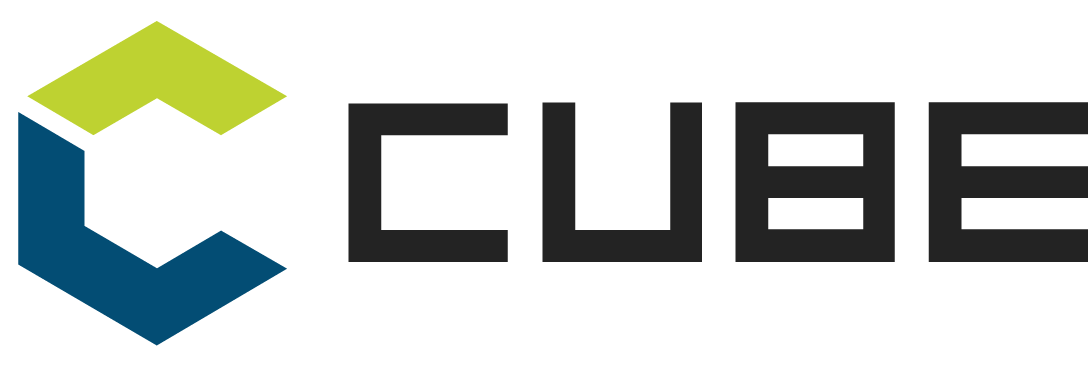
18 Nov Wanted: a dose of professional happiness
Why are your employees happy in your company? What makes them want to come out of bed in the morning? And why is that important? Elke Haemelynck of Happy Humans advises companies and entrepreneurs on how to make and keep their employees happy. “A job applicant has so many choices today, if you don’t meet expectations, you’re out of the race.”

As the world became acquainted with the home office and video calling, the fine line between people’s private life and work has become more and more blurry. Where work ends and private begins is no longer crystal clear. Not surprisingly, then, that more and more employees are finding things like well-being, fulfillment, and purpose important when it comes to their jobs. And it’s up to employers to ensure that these can be found in sufficient measure.
“What is often forgotten is that, to make employees feel good, every stage of the employee journey is important”, says Elke Haemelynck. “It starts at preboarding, continues at onboarding, then continues up to the point where the paths of employer and employee separate. At each of those stages, there are lots of knobs the company can turn to keep its employees happy. So it comes down to mapping out that complete journey, as well as identifying what is important. ”
Blue toilet paper
A very important aspect of this is creating engagement, Elke says. “What’s going on in this company? Where are we going? What are senior management’s goals and plans? Many business leaders don’t even realize it, but these are typical questions that employees often have. For most people, work really is much more than just “knocking hours” from 9 to 5. Why am I doing what I do and what does it add to the bigger picture? If an employer can answer those questions adequately, consistently, and clearly, they give people a sense of belonging. That’s very different from putting a fruit basket in the accounting department every Friday. That’s important too, but it can be a little more (laughs).”
One might infer from the above that it is solely up to the employer to make a workplace a happy workplace. But it is not. “Work is a shared responsibility. And in that, as an employer, you must also be able and dare to make choices. Meeting the highly personal needs of every employee is impossible. If you have 200 employees and three people demand blue toilet paper, there is no point in meeting that. It is important, however, to find a common thread that is common to everyone and that allows you to reach as large a group as possible.”
Communication
Creating engagement is a psychological mindset, but it also has a lot to do with the way communication is done in a company, Elke points out. “I think it’s especially important to communicate truthfully and transparently. And again, that starts early, with the job application. There is no use in creating a very hip, crazy job ad if potential candidates end up in a stuffy, traditional office. The experience must meet expectations. The onboarding of a candidate must also be correct: the company car that isn’t there yet, the laptop that can’t connect to the network yet, … Things like that bring friction, a kind of mental crunch that often makes people feel unwelcome. I always advise employers to ask their staff about this: what do you expect from us? What went well and what could be better? That immediately creates a lot of clarity.”
Tree hugging
Certainly since the outbreak of the coronavirus, issues such as well-being and work happiness are at the focus of attention. It raises a lot of questions for many entrepreneurs and also brings uncertainty. “It’s about more than those fruit boxes and breakfast baskets and it’s also more than incense and tree hugging,” says Elke. “The essence is mainly about keeping connection with your employees, creating commitment and daring to give them freedom at appropriate times. It’s also more than ‘going on team building’. That’s part of it but, but those are snapshots. Building real commitment is an ongoing process. A manager who unexpectedly makes a quick call or sends a nice message to a teleworker to ask how things are going… That will have much more impact than having yet another breakfast box dropped off.”
The pandemic may have been a lever, but well-being at work will only become more important in the coming years, Elke believes. “If you don’t listen to your people, you won’t exist in five years. Your competitors do, that says it all. A job applicant has so many choices today, if you don’t meet expectations, you lose the race.”
